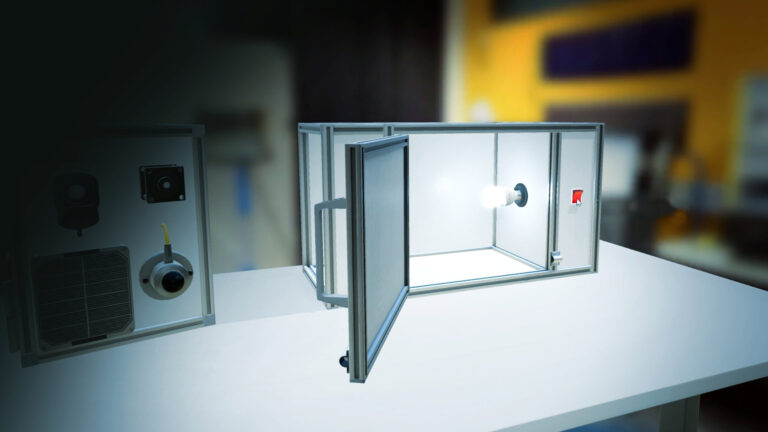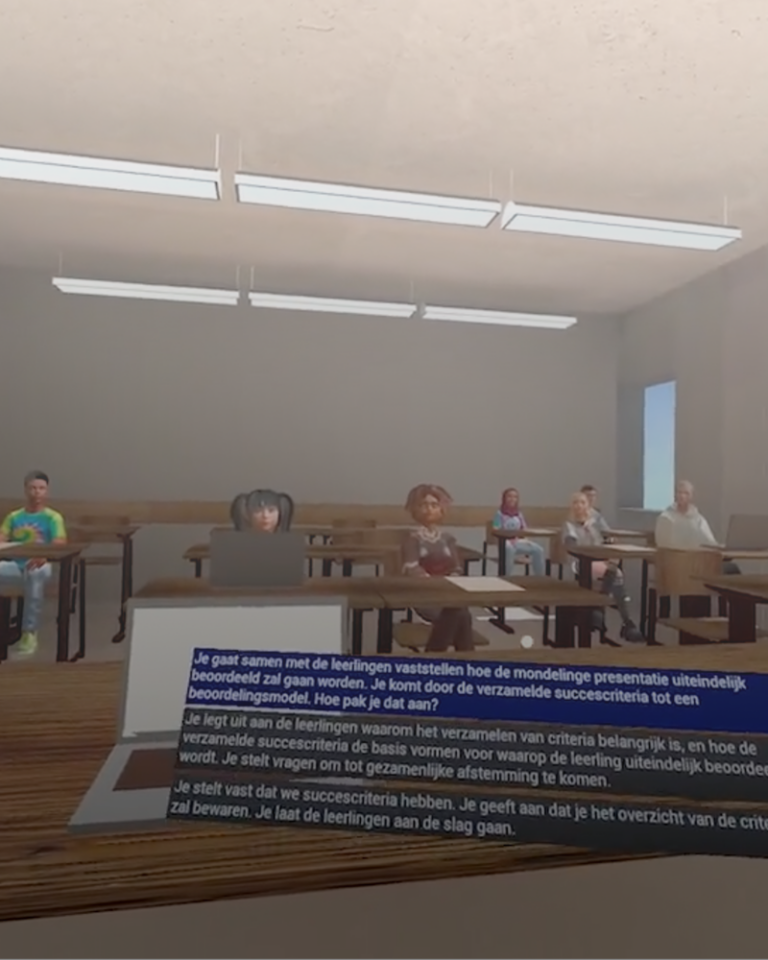Eco-Runner Dream Team: Virtual Journeys into the Future of Driving
Step into tomorrow with Eco-Runner Team Delft. Through immersive VR, experience the thrill of hydrogen power and sustainable innovation. Cleaner, smarter, and virtually unforgettable.
In a bustling city of the not-so-distant future, the streets were filled with sleek hydrogen-powered cars, zipping by at moderate speeds blending with the urban landscape. One of these cars, the Eco-Runner, stood out among the rest. Designed by the visionary engineers of Eco Runner Team Delft this car wasn’t just another vehicle; it was a symbol of innovation, sustainability, and the future of transportation.
Eco-Runner Team Delft had a grand ambition: to create a hydrogen car that could break world records, showcasing just how far one could travel using this clean fuel. But they didn’t stop at just building the car. They wanted to bring people into their vision—to make them feel the future. To achieve this, they turned to the immersive power of virtual reality (VR).
The experience began at a bustling gas station, where passersby could slip on a VR headset and be instantly immersed in the perspective of a future driver. They found themselves standing atop the gas station, looking out over the city. One of the team members explained how hydrogen fuel cells worked, painting a vivid picture of a cleaner, more efficient world. The drivers would then descend into the station, where they would actually pump hydrogen into the Eco-Runner—showing how easy and safe it was to refuel this futuristic car.
“ The virtual studio features free-moving cameras where the foreground and background will move accordingly in scale, position, rotation and focus with the moving cameras.”
Next, they’d move to the car itself, parked nearby. The design was compact, built for “last mile” transport, similar to how people borrow bikes or scooters today. But this wasn’t just a short-term solution; the Eco-Runner was built for long-lasting impact, aiming to change the way people thought about commuting in urban spaces.
Using an app, users would rent the car, sit inside, and experience what it would feel like to drive it. The VR world lit up through advanced technology from Unreal Engine, making the experience so lifelike that the participants could almost feel the hum of the engine and the soft hiss of hydrogen power coursing through the system.
Eco-Runner Team Delft didn’t stop there. They wanted their project to reach beyond the world of VR and into the hands of the public. Partnering with the XR Zone at the Media Lab in TU Delft, they recorded videos of students—dressed as if they came straight from the future—explaining the technology behind the car. These videos were so impactful that they were even featured on national news.
As time went on, the Eco-Runner continued to evolve. Though they can bring the car to events, they wanted to go even further. The virtual experience became a key part of showcasing their vision, allowing people from all walks of life to engage with what the future could look like.
Eco-Runner successfully promoted hydrogen mobility. And now, the team is exploring new alternative sustainable solutions aiming to inspire new pathways in sustainable mobility.
Initiator: Ecorunner.nl
Developer: Jeroen Boots, XR Zone, New Media Centre, TU Delft





